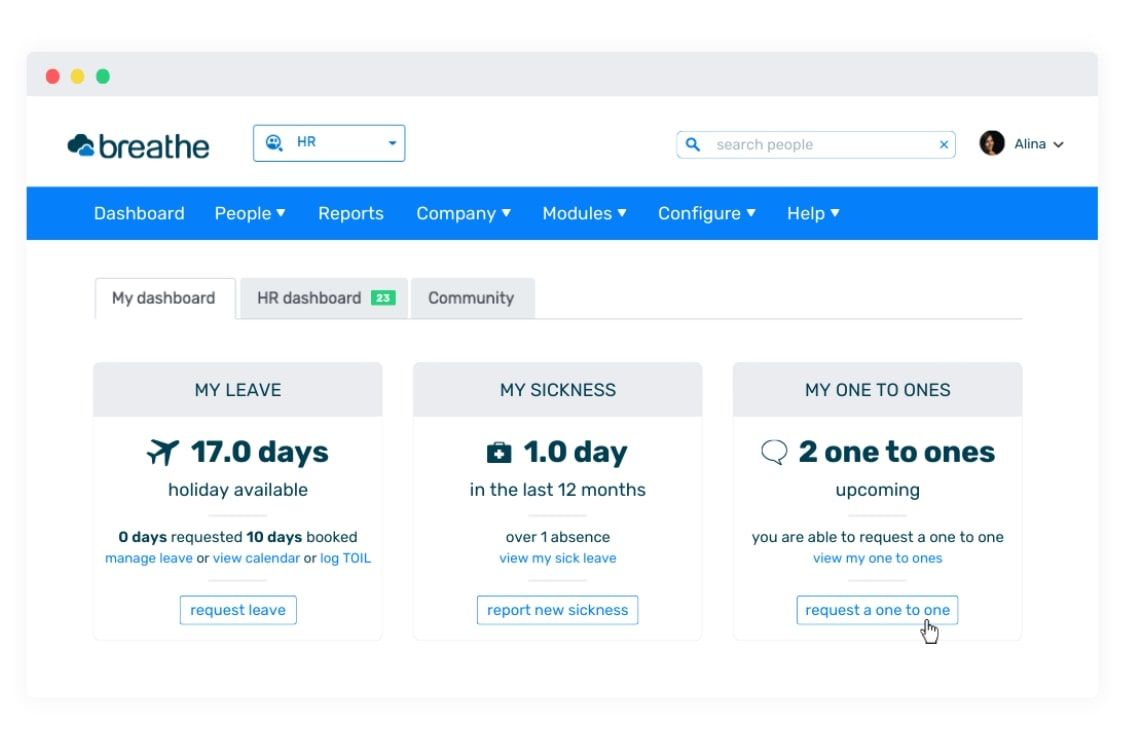National Sickie Day: Absence costing UK businesses over £100 billion

Monday 3rd February is dubbed National Sickie Day, because this is the day when your employees are, statistically, most likely to call in sick.
While the odd sick day here and there is natural, and should be encouraged if their sickness is genuine, absence can be a huge problem for you as a business owner.
In 2023, employee absence cost UK businesses over £100 billion, a dramatic increase from previous years.
That's why it's important to look at absence in your business and invest in preventative measures.
In this article, we’ll cover:
• Why managing and reducing absence is important
• How to track absence effectively
• Understanding the root causes of absence
• Taking proactive action to reduce it
Why managing and reducing absence is important
If left unchecked, employee absence can have a ripple effect on your business, affecting everything from productivity to morale.
Here's why it's crucial to address this:
Financial impact: With UK businesses losing over £100 billion to absence, absenteeism clearly has a significant cost. Lost revenue, overtime expenses and the need for temporary replacements can quickly add up.
Operational efficiency: Absences disrupt workflows, delay projects and increase workloads for other employees, which can lead to stress and burnout in your team.
Employee morale: Persistent absenteeism creates an uneven distribution of work, harming team dynamics and lowering employee engagement.
How you can track absence
One of the most effective ways to monitor absence is by leveraging HR software. This type of software allows you to:
• Automatically record and monitor employee absence
• Identify patterns and trends
• Generate reports to quantify the impact
Having this data at your fingertips helps you to make informed decisions and address issues proactively.
Understanding the root causes of absence
A return-to-work interview is a simple but effective way to understand why employees take time off. These interviews can deter unnecessary absences and provide valuable insights into underlying issues.
We can provide templates and guidance to help you to conduct these interviews effectively.
Top reasons for absence in the UK
The leading causes of absence often include:
• Minor illnesses like colds and flu
• Mental health challenges such as stress, anxiety and depression
• Long-term health conditions or disabilities
Understanding these reasons helps you to address the root causes and prevent unnecessary absences.
How to take action to reduce absence
The right actions depend on the specific causes of absence in your workplace.
However, here are some proven strategies:
• Cultivate a culture of well-being: Support physical and mental health through wellness programs and a positive work environment.
• Promote flexibility: Offer flexible working arrangements to help employees to manage their work-life balance.
• Encourage open communication: Create a culture where employees feel comfortable discussing issues without fear of reprisal.
• Address mental health proactively: Train managers to recognise stress and provide resources like mental health support programs.
• Use data to guide your actions: Tools like the Bradford Score can highlight patterns of absence and inform targeted interventions.
By implementing these initiatives, you can reduce absence and create a more engaged, motivated workforce.
Need help managing absence in your business?
If you’d like tailored advice on managing and reducing absence in your business, contact us today.
















